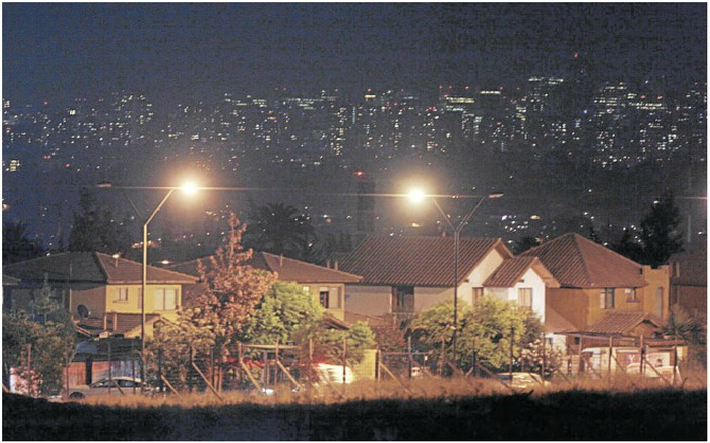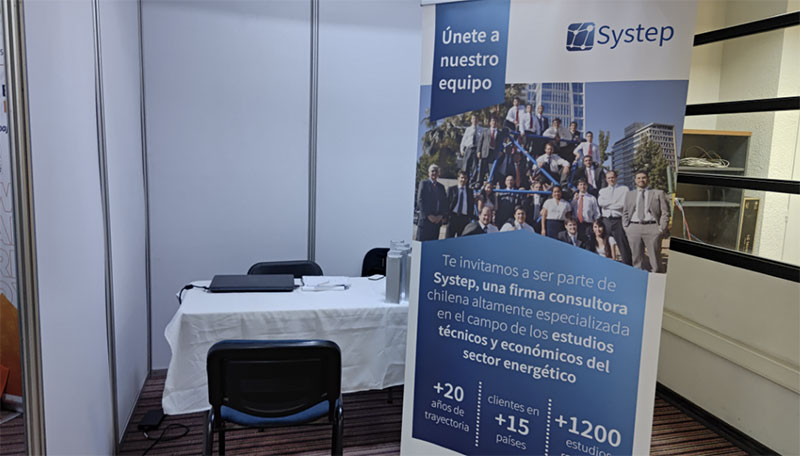
The expert committee is part of the government’s objectives in its energy agenda.
Government creates committee to change supply tenders
(La Tercera) In complete secrecy, the government, through the National Energy Commission (CNE), is working to resolve one of the “hot” issues in the sector: the lack of bids for bids to supply electricity to regulated customers.
At the beginning of April, the head of the CNE, Andrés Romero, invited several experts to form a working group, which also includes lawyers and officials from the CNE and the Ministry of Energy, in order to seek technical and legal solutions that will allow the next supply tenders to achieve bids at “reasonable” prices, thus reducing household bills.
Among those summoned were the executive director of the Association of Electric Utilities, Rodrigo Castillo; academic and consultant Hugh Rudnick; consultant and former CNE María Isabel González; consultants Claudio Gambardella and Pedro Maldonado; and the director of Systep, Sebastián Mocarquer, among others.
According to one of the attendees, the first meeting was held a few weeks ago, and possible modifications to the bidding terms and mechanisms were discussed, in order to make them attractive, as well as long-term solutions to the investment standstill.
The concern is clear. Last November, only Endesa and Eléctrica Panguipulli (a subsidiary of Enel Green Power) submitted bids in the bidding process for 50 energy blocks, which would cover 14% of the total demand of regulated clients of the Central Interconnected System (SIC) between 2013 and 2024, winning 78% of the energy – with the rest pending for future bids – at an average price of US$ 129 per MW, almost 40% more than the prices achieved in the same process in 2007. This would have an impact of up to 20% on regulated customer accounts starting in 2016.
According to data from the Association of Electricity Companies, in 2019 the energy contracted will reach 33 thousand GWh/year, while the demand will be 43 thousand GWh/year, which means that the gap reaches 30%.
Despite the increase in prices, two of the main generators -AES Gener and Colbún- withdrew from the process, stating that they did not have “competitive” energy at those prices.
The underlying problem, they say in the industry, is the lack of projects. Therefore, they believe that the entry of new players will depend on modifications to the bidding conditions, extending their terms. At the moment, according to other sources, the government’s interest is to seek a mechanism to improve bids in short-term tenders, with a view to 2015.



